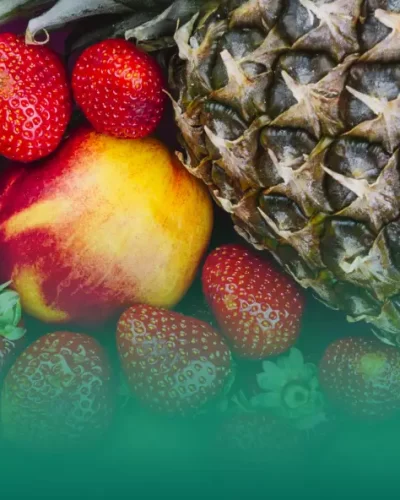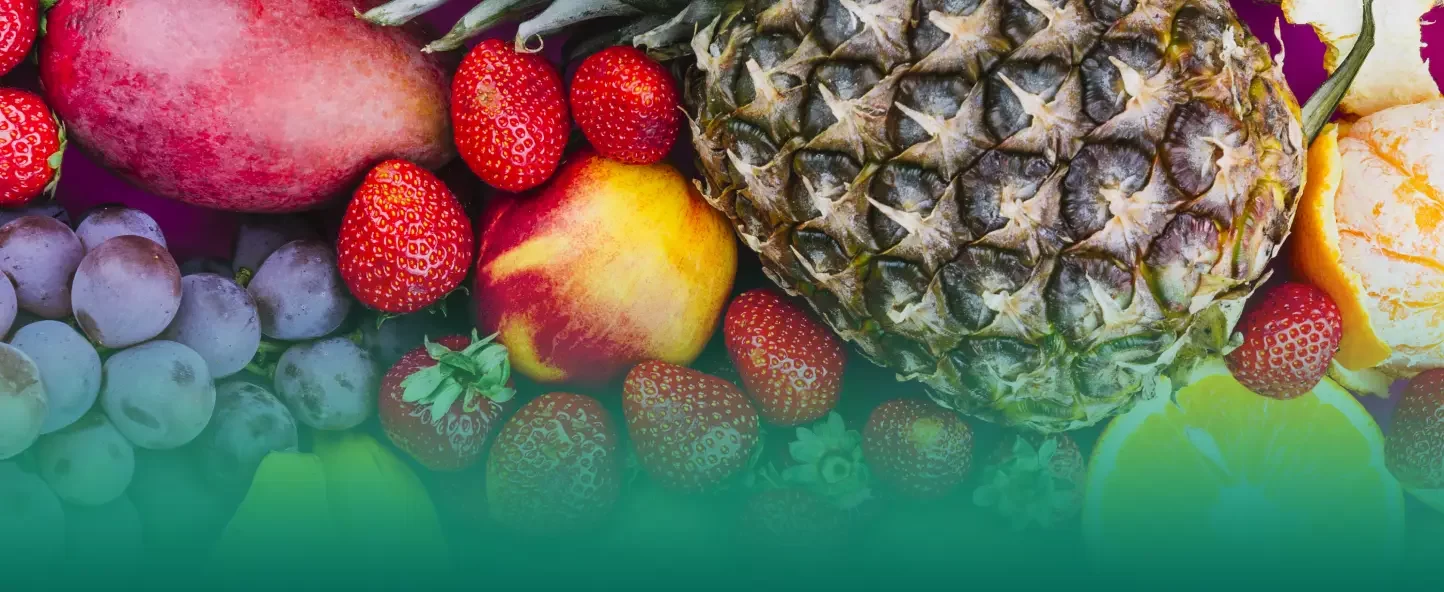Why Fruits Can Change How Medicines Work
When a medicine enters the body, it goes through four key stages that determine its effectiveness and safety:
- Absorption is the process by which a medicine that has been introduced into the body (in the case of oral medications, this is the gastrointestinal tract) moves into the bloodstream. How quickly and to what extent the drug is absorbed is important here, as this affects its concentration in the blood.
- Distribution is the stage at which the medicine moves from the blood to the various tissues and organs where it must perform its function. The effectiveness of distribution depends on many factors, including the ability of the substance to penetrate cell membranes and interact with receptors in the target organs.
- Metabolism is the process of chemical changes that a medicine goes through in the body. Most of the metabolism occurs in the liver, where active compounds can be converted into more active or less active forms, as well as into waste products ready for elimination from the body.
- Elimination is the final phase in which the drug and its metabolites are eliminated from the body, usually via the kidneys or liver. The efficiency of this process is critical to prevent toxic levels of the drug from building up in the body.
Fruits and other foods containing bioactive compounds can affect any of these phases. If a fruit or food alters one of these phases, it can make the drug less effective or cause unwanted effects such as toxicity.
How the Fruit-Drug Interactions Were Discovered
Interest in fruit-drug interactions began in the late 1990s, when researchers were studying the effects of alcohol on the antihypertensive drug felodipine. In one experiment, grapefruit juice was used to mask the taste of the alcohol. The scientists found that the combination of felodipine, alcohol, and grapefruit juice significantly enhanced the blood pressure-lowering effect, more than expected. This suggested that it was the grapefruit, not the alcohol, that had the strongest effect on the drug. Confirmed studies have confirmed that grapefruit does indeed alter the action of drugs.
Since then, many laboratory and animal studies have been conducted that have shown how bioactive substances in fruits can interact with drugs. However, not all of this data has been confirmed in clinical trials.
Reasons for discrepancies between laboratory and clinical data
The discrepancies between laboratory and clinical data can be explained by several factors. First, the active compound may affect drug metabolism only at concentrations that are not achievable with normal fruit consumption. Second, the concentration of active substances in fruits can vary depending on the variety, growing conditions, and other factors such as climate. This means that laboratory experiments do not always accurately reflect the real effect of fruits on drugs.
Which fruits affect the action of drugs?
Some fruits contain bioactive substances that can alter the action of drugs. However, for most fruits, this effect is not of significant clinical significance. This means that although laboratory studies may show possible fruit-drug interactions, in real-world settings this effect may not be evident.
However, fruit juices can directly affect the effectiveness of medications when taken with them. For example, acidic juices such as orange or lemon juice can reduce the effectiveness of some antibiotics, including penicillin. Cranberry juice, when taken with blood thinners, can increase the risk of bleeding. Therefore, for most medications, it is recommended to take them with water only. The exception is iron supplements, which are better absorbed with vitamin C. In this case, freshly squeezed orange juice may be useful.
How Much Fruit Affects Medicines?
Different fruits and their juices have different effects on medications. Grapefruit has a significant effect even in relatively small amounts – it is enough to eat one medium-sized fruit or drink a glass of juice for the interaction with the drug to be significant. This effect can last up to three days after grapefruit consumption, meaning that grapefruit should be avoided for several days before taking the medication.
The effect of other fruits, such as apples, on the effectiveness of medications is usually less significant. For example, in studies with apple juice, participants drank between 600 and 1200 ml of juice, which is equivalent to 9 to 18 apples. This amount of juice is rarely consumed in a day, and most people do not eat that many apples, so the clinical significance of this effect is considered questionable.
As a result, recommendations for fruit and juice consumption are less stringent than for grapefruit. Moderate consumption of a fruit a few hours after taking medication is usually safe. However, if you have information about the interaction of a specific product with your medication, it is always best to consult a doctor to avoid possible negative consequences.
Consulting a doctor and studying the instructions for the drug
The first step to safely combining fruits with medications is to consult a doctor. Consult a specialist who can give recommendations on the interaction of specific fruits and the drugs you are taking. However, it is worth understanding that even an experienced doctor does not always have complete information about all possible interactions, since new data appears regularly.
Studying the instructions for the drug is also important, but it is worth considering that the instructions may not contain comprehensive information about interactions with fruits. The instructions often only list the most common interactions, and less obvious combinations may be missed. Therefore, it is important not only to read the instructions, but also to look for additional information.
Searching for information on specialized resources
If the information in the leaflet is insufficient or you have not received the necessary information from your doctor, the next step is to search for information on specialized medical resources. Many medical websites and databases provide up-to-date information on drug-food interactions, including fruits. These resources can help you get a better idea of how your favorite fruit may affect the action of the medication you are taking.
What you need to know about fruit-drug interactions
Grapefruit requires special attention
Grapefruit is especially important in the context of drug interactions. Its juice is known for its ability to increase the toxicity of many drugs, which can lead to serious side effects. This is due to the fact that grapefruit contains substances that affect the enzymes in the liver responsible for drug metabolism. Therefore, if you take medications on a regular basis, it is recommended to completely exclude grapefruit from your diet to avoid potential negative consequences.
General recommendations for fruit and drug interactions
Fruits and their juices can interact with a variety of medications, including antibiotics, psychiatric medications, anticoagulants (blood thinners), blood pressure medications, heart medications, cancer medications, autoimmune medications, erectile dysfunction medications, antiepileptic medications, painkillers, statins, and hormones. When taking these medications, it is especially important to be aware of potential interactions with fruits and their juices.
General recommendations for taking medications
In most cases, it is recommended to take medications with water only. Using fruit juices to take medications may reduce their effectiveness or cause adverse reactions. It is also worth paying attention to the recommendations for the time of taking the medication: some medications are best taken before meals, while others are best taken during or after meals. This may affect their absorption and effectiveness.
Use with other fruits
In the case of other fruits, the effect on the effectiveness of the medication is usually less significant. For example, apple juice or bananas do not have such a pronounced effect on the action of most medications. However, avoid drinking fruit juices with medications and do not overeat fruits.
Check interactions and consult with a doctor
Always check what drugs can and cannot be combined with. If you have doubts or questions about the interaction of a particular fruit with your medication, it is better to consult with a doctor. This will help you avoid potential problems and get safe recommendations on combining food and medications.






